by Oleg Sukhov
The March 22 Moscow mass shooting is likely to be used as a justification for a new wave of terror and oppression in Russia.
Russian politicians and propagandists began calling for reinstating the death penalty – a mechanism that can be used not only against terrorists but also against the peaceful opposition.
Furthermore, a new wave of xenophobia has spread across the country after it was revealed that the perpetrators of the attack were most likely citizens of Tajikistan, a Central Asian country bordering Afghanistan.
Millions of Central Asian migrants, primarily from Uzbekistan, Tajikistan and Kyrgyzstan, work in Russia in construction and retail. Cases of attacks and harassment from ordinary citizens and state authorities have been recorded en masse.
"The atmosphere of state terror is increasing in Russia," Sergei Sazonov, a Russian-born political philosopher at New York University, told the Kyiv Independent. "The (political atmosphere) is becoming more savage.
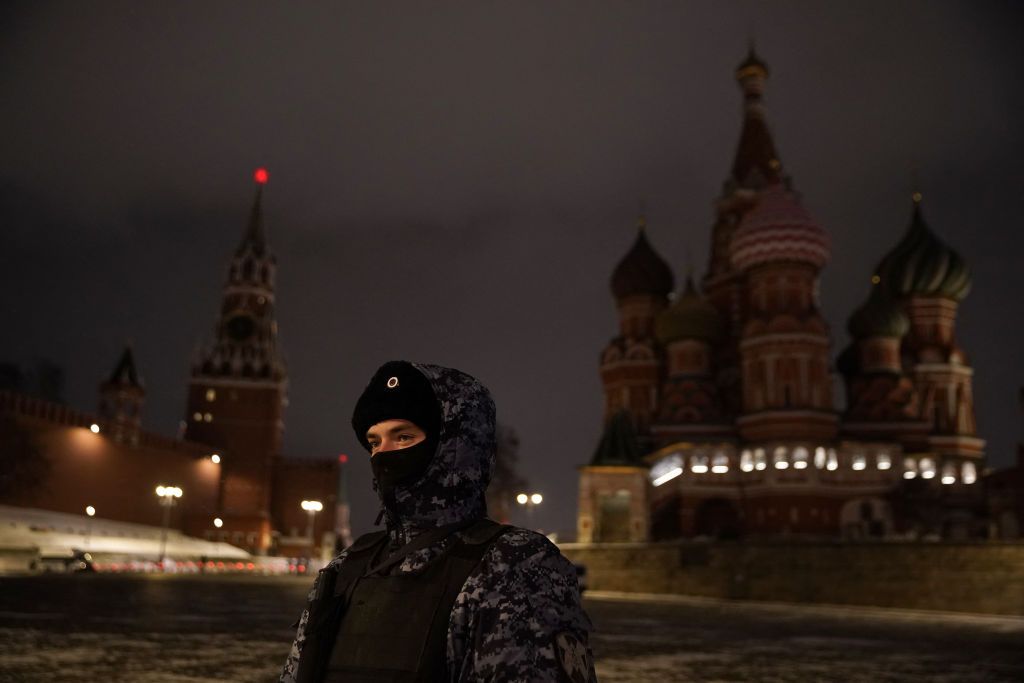
Russian officials have also used the attack for propaganda purposes, blaming Ukraine for the mass shooting despite there being zero hints that Kyiv was involved in any way.
Yet, despite the potential spike in repressions, xenophobia, and terror, Russia still looks unable to secure itself from potential further attacks.
Immediate impact
On March 22, a group of terrorists attacked the Crocus City Hall concert hall in Krasnogorsk, a Moscow suburb, shooting people and setting the venue on fire. At least 143 people were killed, making it the deadliest terrorist attack in Russia since 2004.
If the attack provides a justification for a crackdown on the opposition, it will not be the first time terrorism is used as a rationale for authoritarianism.
Russian President Vladimir Putin was elected following the 1999 Moscow apartment bombings. He used the war in Chechnya and alleged terrorist attacks by Chechen insurgents as an excuse for accumulating more power and building an increasingly authoritarian regime
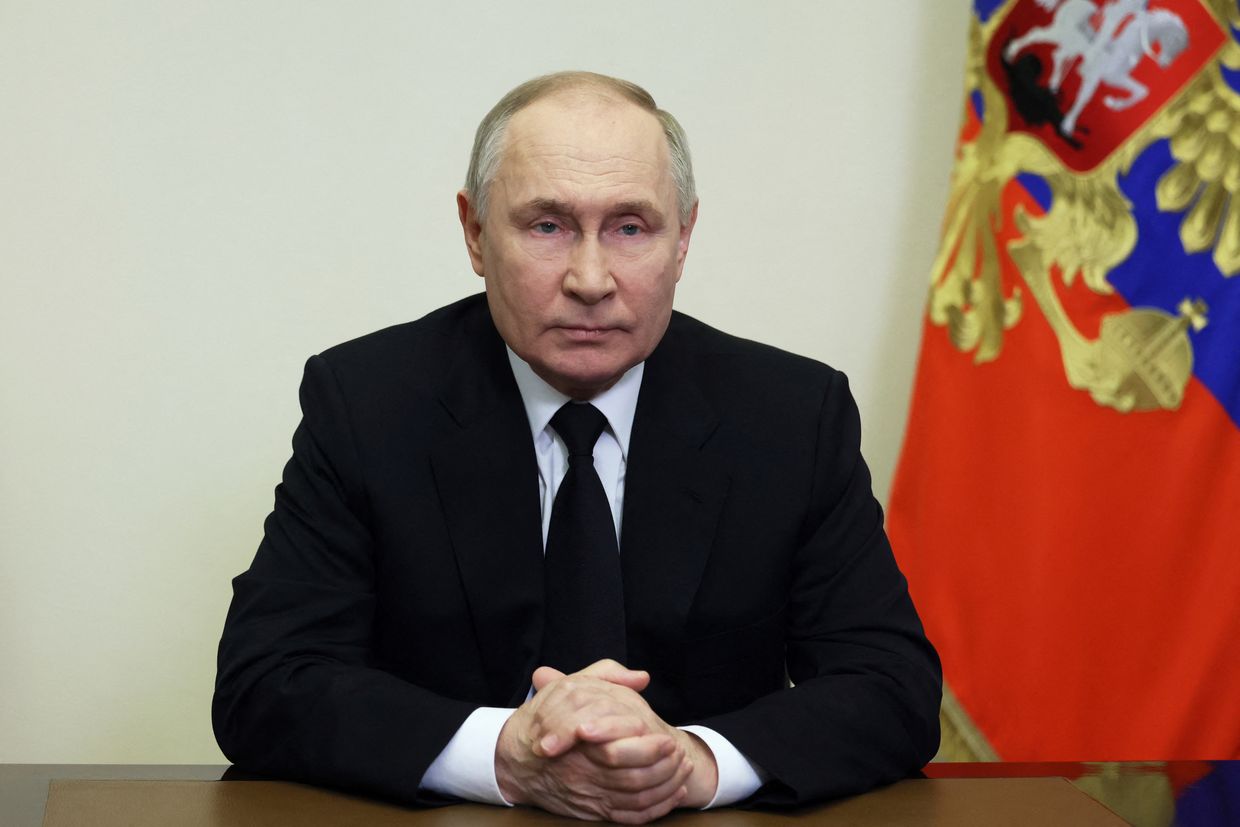
The 2004 Beslan school hostage crisis in North Ossetia, which resulted in at least 334 deaths, was used as a pretext for abolishing gubernatorial elections in Russia.
Although the Kremlin does not need any terrorist attacks as an excuse for a crackdown, the political atmosphere in the country is becoming even worse, Sazonov told the Kyiv Independent.
He said that one of the symptoms of this brutality is the way Russian security services publicly tortured suspected terrorists, cutting off a suspect's ear.
"Russian cops have always tortured people but have never proudly made it public like this," Sazonov said. "Law enforcement agencies will not face any punishment for stuff like this, including actions against the opposition."
Russian political analyst Georgy Satarov told the Kyiv Independent that a new crackdown on the opposition and civil society is possible after the terrorist attack.
He said that the Kremlin was tightening the screws due to its paranoid fear that something may get out of control.
The main symptom of the spike in terror is that Russian politicians and propagandists have called for reinstating capital punishment for terrorists following the attack. These include Leonid Slutsky, leader of the Kremlin-controlled LDPR nationalist party, and Sergei Mironov, leader of another Kremlin-controlled party, A Just Russia.
Vladimir Vasilyev, head of Putin's United Russia party's parliament faction, also said on March 23 that lawmakers would discuss the issue of reinstating the death penalty.
Russia imposed a moratorium on capital punishment in 1996 after joining the Council of Europe, which requires its members to abolish the death penalty.
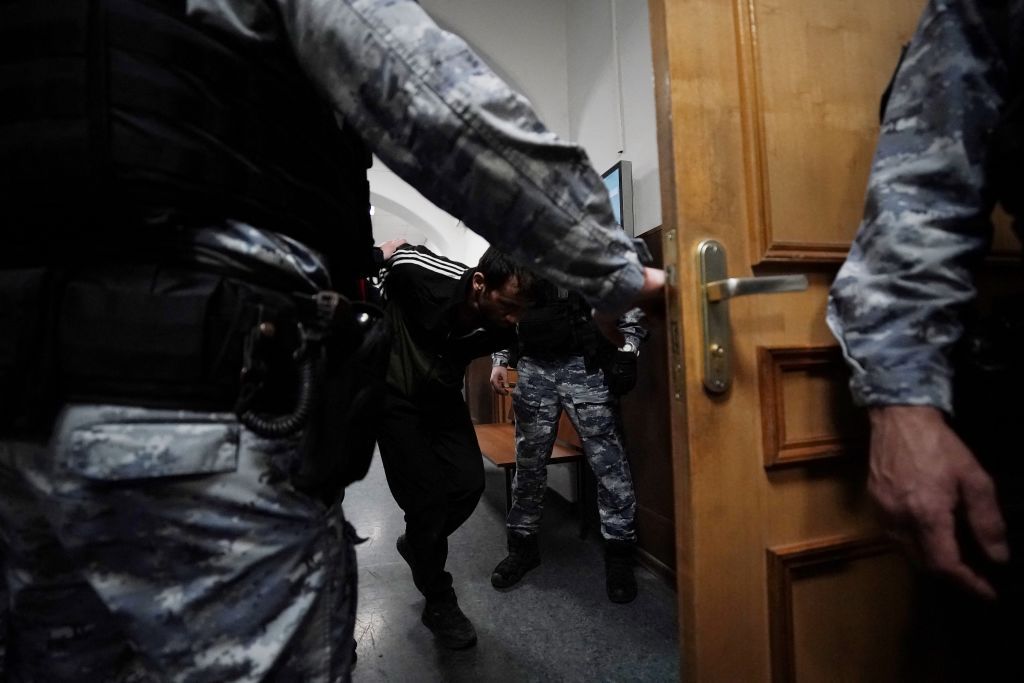
However, discussions on reviving capital punishment were resumed after Russia was expelled from the Council of Europe due to its full-scale war against Ukraine in 2022.
Satarov said that it is de jure up to the Constitutional Court to reinstate the death penalty. However, if the Kremlin decides on the issue, the court will do its bidding, he added.
If the death penalty is revived, the terrorism article could be used to target anyone, according to Satarov.
Impact on Ukraine
There is also speculation that Russia may use the terrorist attack as a justification for escalating its aggression against Ukraine and launching a mobilization of conscripts for the war.
Putin was quick to blame Ukraine for the Crocus City Hall attack.
He claimed on March 23 that the terrorists had tried to flee to Ukraine, which had allegedly prepared a "window" for them.
Dmitry Medvedev, deputy chairman of Russia's Security Council and a former president, said on March 22 that "if terrorists of the Kyiv regime are behind this... all of them should be found and ruthlessly eliminated like terrorists... including state officials."
Sazonov argued, however, that Russia's policy on Ukraine is not determined by incidents like the Moscow mass shooting.
He believes that the Kremlin uses the attack for anti-Ukrainian propaganda purposes, but this will not affect its conduct of the war against Ukraine.
"They don't have the illusion that Ukraine is behind this, that's why they are so vague about it - without hints about consequences," Sazonov said.
Reasons for failure
The Kremlin's focus on its all-out war against Ukraine may explain Russian security services' failure to combat the Islamic State, which claimed to commit the attack and promised further actions against Russia.
Putin, who came to power during the Second Chechen War (1999-2000), has used the war on terrorism as a major justification for his rule and for giving security services immense powers.
But Russian security services suffered a major fiasco. Not the first time.
The U.S. warned Russia in early March about a potential terrorist attack by Islamic State-Khorasan (ISIS-K), the Afghani branch of the Islamic State terrorist group.
Despite the warning, the Russian authorities failed to prevent the attack.
Law enforcement agencies' handling of the attack itself has also been criticized.
Security services failed to prevent the terrorists from fleeing the concert hall and only arrested them hundreds of kilometers from Moscow.
Analysts say that the failure of Russian intelligence and law enforcement agencies is partially due to their focus on fighting Ukraine and the peaceful opposition in Russia rather than Islamists.
"All of their resources are in Ukraine," Sazonov said. "And it's also due to the general process of Russian intelligence agencies' degradation."
Russia's failure to prepare for the Crocus City Hall shooting is also surprising, given that it is not the first ISIS attack on Russian targets.
In 2015, the Islamic State's Sinai branch claimed it was responsible for the Russian Metrojet Flight 9268 crash over Egypt's Sinai peninsula, which killed 224 people.
ISIS-K also claimed responsibility for a suicide bombing at the Russian Embassy in Kabul that killed at least eight people and injured at least 15 in 2022.
Meanwhile, Russia's Federal Security Service said on March 7 that it had foiled an attack by ISIS on a synagogue near Moscow.
Colin Clarke, a counter-terrorism analyst at the New York-based consulting firm Soufan Group, told the New York Times that ISIS-K "had been fixated on Russia for the past two years." The group accuses the Kremlin of killing Muslims in Afghanistan, Chechnya, and Syria, he added.
Reuters reported on March 26 that Sanaullah Ghafari, the leader of ISIS-K, "had overseen its transformation into one of the most fearsome branches of the global Islamist network, capable of operations far from its bases in the borderlands of Afghanistan."
According to the U.S.-based Critical Threats security project, ISIS-K has seen a resurgence following the withdrawal of U.S. troops and the Taliban's takeover of Afghanistan in 2021.
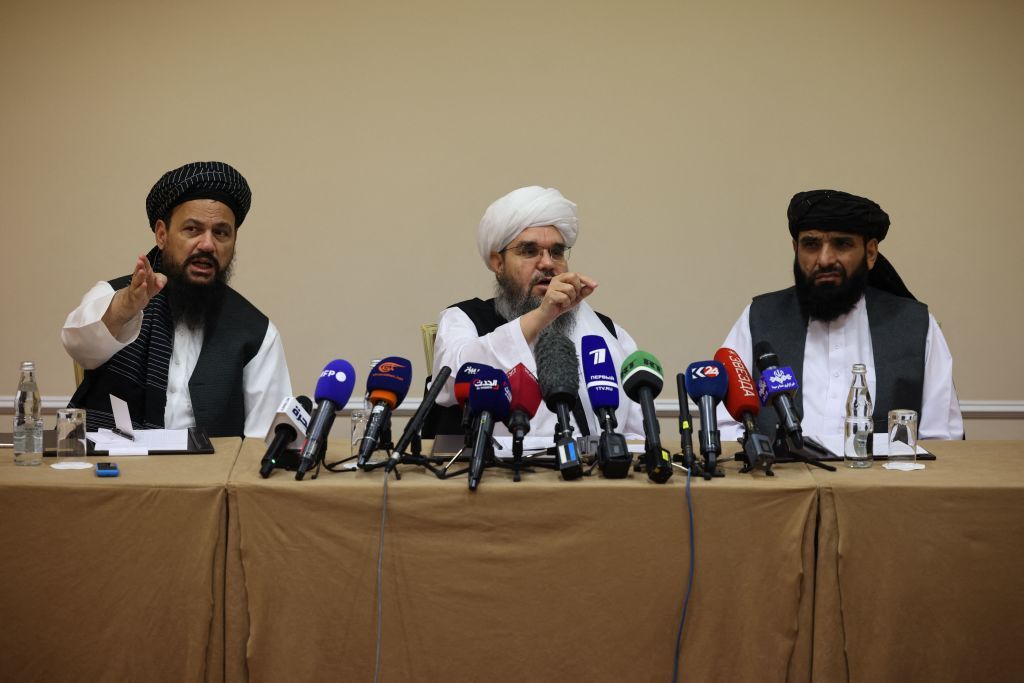
A July 2023 report by the U.N. Security Council said that ISIS-K numbered 4,000 to 6,000 people on the ground in Afghanistan.
The Islamic State had reasons to be unhappy with Russia since the Taliban, ISIS-K's main enemy in Afghanistan, has developed closer ties with the Kremlin. Another enemy of ISIS-K, Iran, is also allied with Russia.
Frank McKenzie, the former head of US Central Command, said that the Moscow attack was also in line with ISIS-K's long-term objective of increasing its foreign operations, Reuters reported.
Endangered region
Islamic State-Khorasan issued several statements promising further attacks on Russia. The terrorist group's increased activity may also lead to further destabilization of the region sandwiched between Russia and Afghanistan – Central Asia.
ISIS-K, a group operating in Afghanistan, has a substantial base among Afghani Tajiks and Uzbeks. The Islamic State-Khorasan has also increasingly recruited ethnic Tajiks and Uzbeks across the border in Tajikistan and Uzbekistan, according to Reuters.
A January UN report on ISIS-K said it had stepped up its efforts to enlist disillusioned members of the Taliban, with a special focus on ethnic Tajiks.
ISIS-K's activities in Central Asia may become a major threat for Russia.
Russia claims it is protecting the region from Islamism and has military facilities in Tajikistan, Kyrgyzstan, and Kazakhstan, and often treats Central Asia as its own backyard.
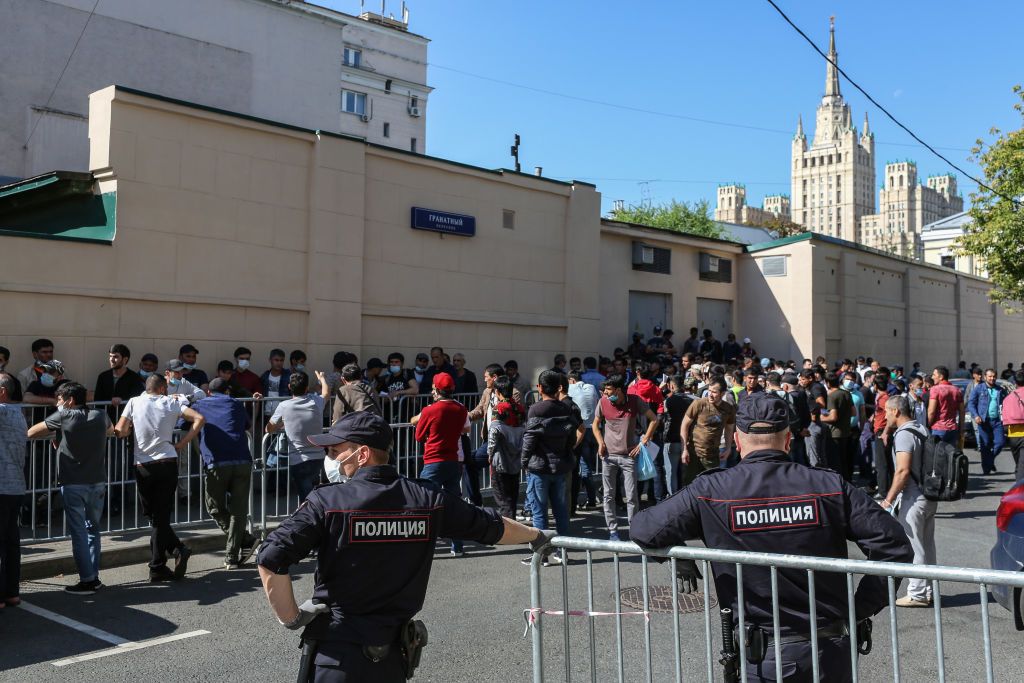
Tajiks and Uzbeks form a majority among labor migrants in Russia. They are among Russia's poorest residents and are often mistreated by their employers, the authorities, and the local civilian population.
The Russian authorities have already launched a crackdown on immigrants following the attack, and xenophobia will likely increase in Russia, Satarov said.
Serhiy Danylov, an expert at Ukraine's Association of Middle East Studies, told the Kyiv Independent that ISIS exploits poverty and religious fervor among Tajiks, which makes it easier to recruit them.
He added, however, that he sees no sign of an Islamist resurgence in Central Asia and that regional dictatorships keep Islamism under tight control.Russia, West fight for Kazakhstan as Astana plays both sides
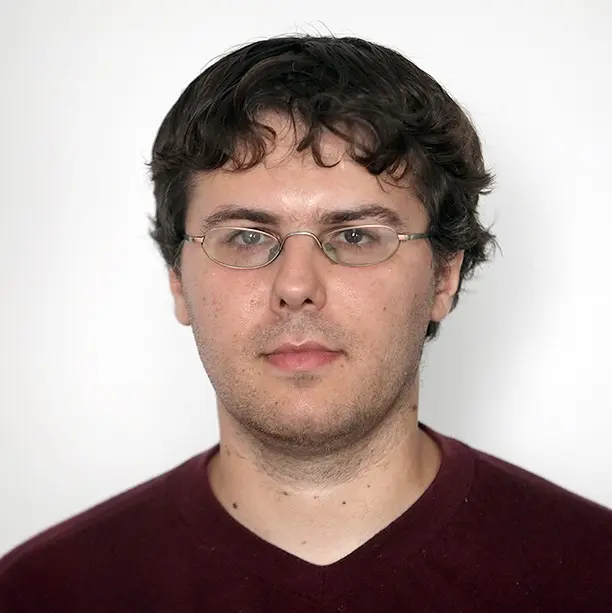
Oleg Sukhov
Reporter
Oleg Sukhov is a reporter at the Kyiv Independent. He is a former editor and reporter at the Moscow Times. He has a master's degree in history from the Moscow State University. He moved to Ukraine in 2014 due to the crackdown on independent media in Russia and covered war, corruption, reforms and law enforcement for the Kyiv Post.
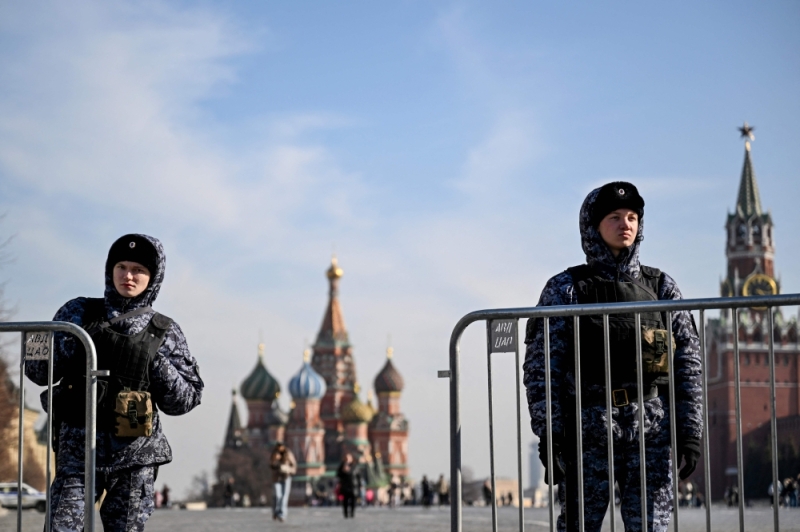
Russian law enforcement officers stand guard at the Red Square in Moscow on March 29, 2024, a week after a deadly attack by gunmen on a concert hall outside Moscow killed at least 143 people and wounded dozens more. — AFP pic
MOSCOW, March 30 — There has been a surge of migrant workers leaving Russia for Tajikistan after a March 22 concert hall attack near Moscow which left dozens dead, according to Tajikistan’s Ministry of Labour, Migration and Employment.
Gunmen opened fire with automatic weapons at concertgoers over a week ago in the worst attack in Russia in two decades which left at least 144 people dead.
Four of the suspected gunmen are Tajik citizens and were arrested along with seven other suspects, some of whom also come from the ex-Soviet Central Asian nation.
“We receive a lot of calls. These are most likely not complaints about harassment, but fear of our citizens, panic, many want to leave. We are now monitoring the situation, we have more people coming (to Tajikistan) than leaving,” Shakhnoza Nodiri, deputy head of the ministry, was quoted by Russian state news agency TASS as saying.
Tajikistan detained nine people this week suspected of having links to the mass shooting and also to the militant Islamist State group that claimed responsibility, a Tajik security source told Reuters.
A labour shortage in Russia’s economy may become even worse due to the outflow of migrant workers, with a deficit in the construction industry growing by 36 per cent this year compared to 2022, Anton Glushkov, president of the National Association of Builders (NOSTROY), told Interfax news agency yesterday.
The Russian Central Bank has said that staff shortages and resulting jump in wages were among risks to inflation that have compelled it to keep the key interest rate elevated.
Tajikistan’s labour ministry expects that the outflow of migrants from Russia will be temporary.
According to the ministry’s website, 652,014 labour migrants left the country in 2023 compared to 775,578 in 2022.
— Reuters
Expansion of focus on Daesh Khorasan in Afghanistan, Pakistan urged

The Diplomat – Shanthie Mariet D’Souza, a non-resident scholar at the Middle East Institute in Washington, has called in The Diplomat for an expanded focus on Daesh Khorasan’s central areas in Afghanistan and Pakistan to also encompass the broader frontiers of Central Asia following an attack in Russia.
D’Souza highlighted the necessity of widening the understanding of Daesh Khorasan’s core region to better include Central Asia’s extensive borders.
Despite the Kremlin’s tendency to associate the attackers with Ukraine rather than Daesh, the group’s involvement in the recent Moscow concert attack, which resulted in at least 139 fatalities and injured dozens, is evident from its claim and the subsequent emergence of corroborating evidence.
She argued that Daesh is not only surviving but also enlarging its operational territory.
“The recent attack in Krasnogorsk reflects not so much an expansion of ISKP’s (Islamic State Khorasan Province) physical presence but rather a demonstration of its existing influence and strength in Central Asia, a region where the group has been enhancing its capabilities since 2014,” D’Souza stated.
Understanding the group’s threat potential and developing strategies to counter it are crucial, she pointed out.
Despite Taliban assertions of having decimated Daesh, a United Nations report has disclosed the presence of between 5,000 and 6,000 Daesh combatants in Afghanistan.
PODCAST
Essential Geopolitics: Implications of
Mar 30, 2024 |
In this episode of Essential Geopolitics, RANE Eurasia Analyst Matthew Orr provides an overview of the recent attack at a Moscow concert hall and lays out the short- and long-term implications.
RANE is a global risk intelligence company that delivers risk and security professionals access to critical insights, analysis and support to ensure business continuity and resilience for our clients.
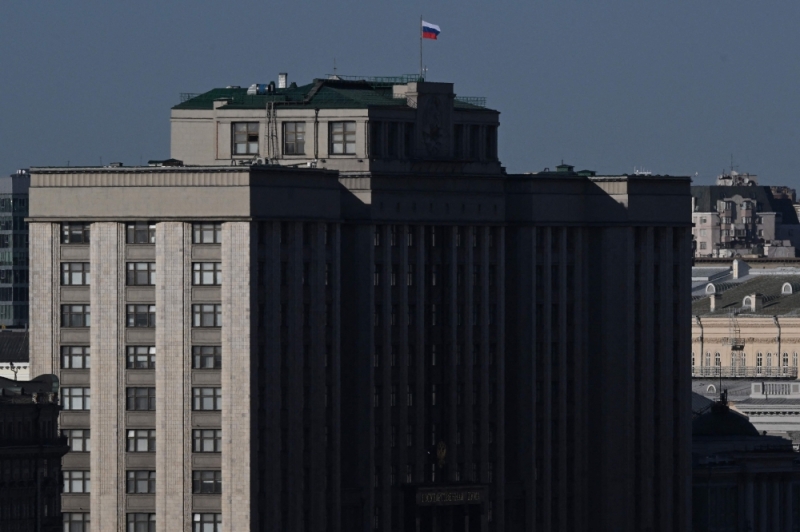
Russia is on high alert following a mass shooting at a concert hall in Moscow on March 22 - the deadliest attack in the country in 20 years with at least 144 killed. — AFP pic
MOSCOW, March 31 — Russia has conducted a “counter-terrorism operation” in the southern region of Dagestan today, detaining three people, the National Anti-Terrorism Committee said.
Russia is on high alert following a mass shooting at a concert hall in Moscow on March 22 - the deadliest attack in the country in 20 years with at least 144 killed.
“Security agencies detained three bandits who were planning a number of terrorist offences. During the inspection of the places where the criminals were detained, automatic weapons, ammunition and an improvised explosive device ready for use were found,” the committee said today.
Earlier, the committee said that suspected criminals had been blocked by security services in several flats in residential areas of the regional capital Makhachkala and one of the biggest cities in the republic - Kaspiysk
There were no civilian casualties and no losses among the law enforcement personnel.
The “counter-terrorism operation regime” in both Makhachkala and Kaspiysk was lifted at 1200 local time (0900 GMT), according to Makhachkala mayor Yusup Umavov. — Reuters
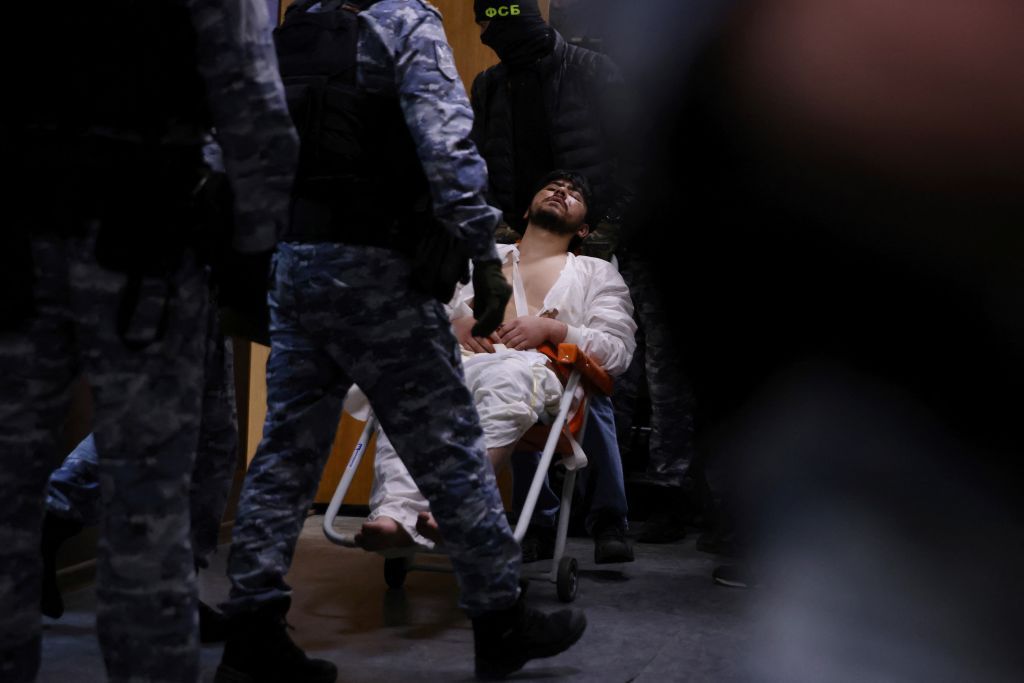
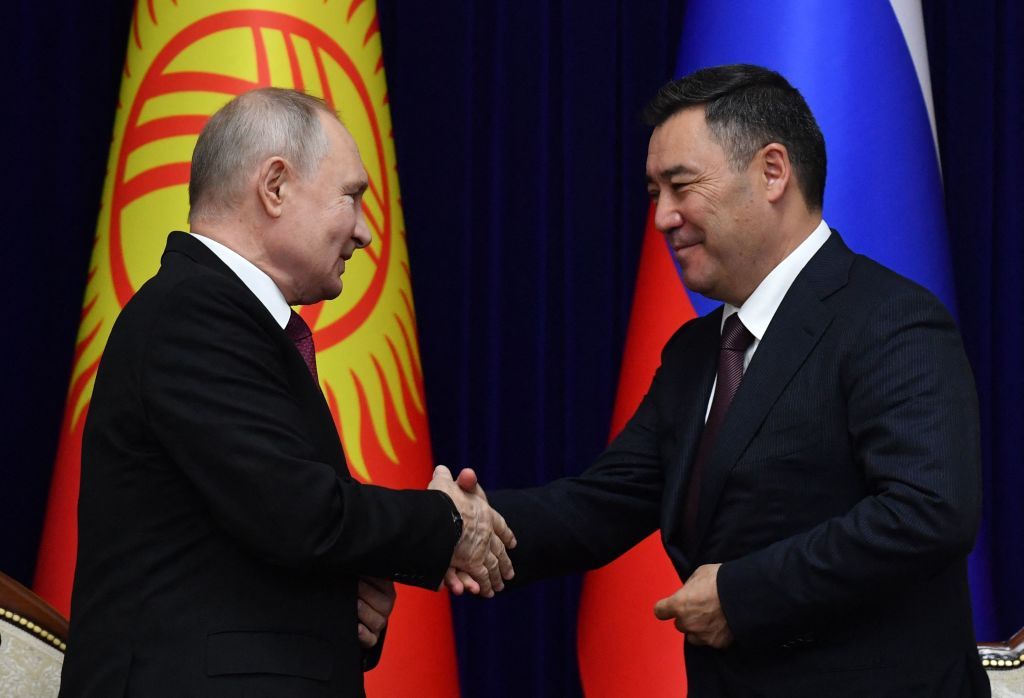
No comments:
Post a Comment